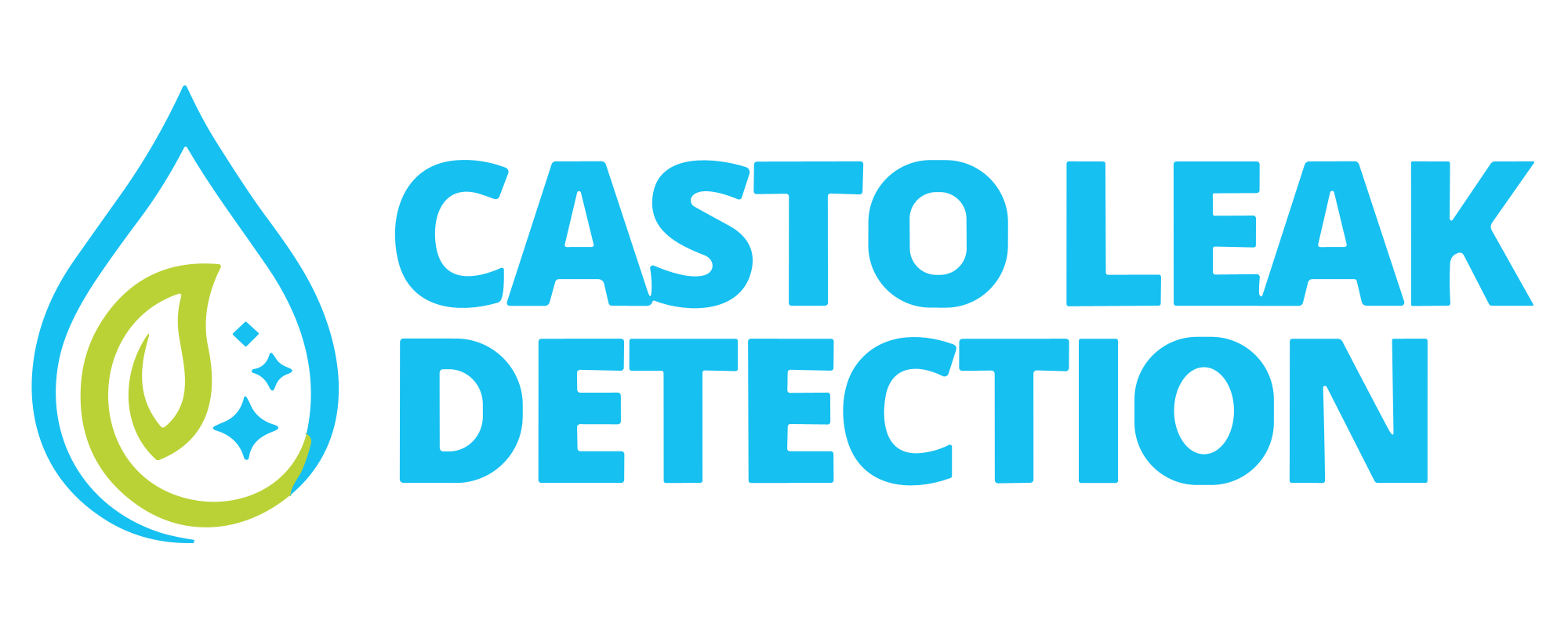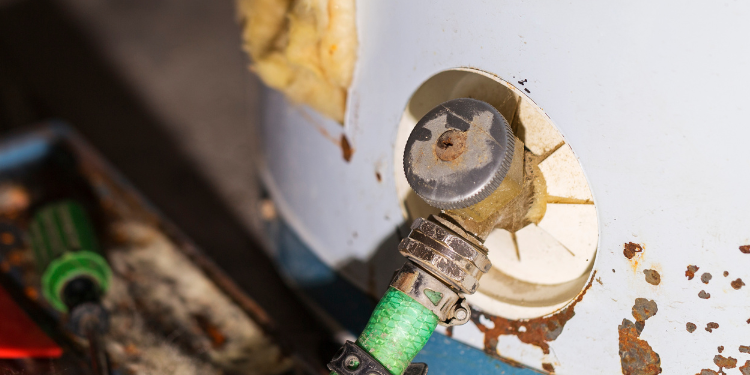If you live in the Richardson, Allen, Frisco, or surrounding North Dallas areas, you know the importance of maintaining your home’s systems. One of the most crucial systems is your hot water heater, and when it starts leaking, it can lead to significant damage if not addressed promptly. Understanding the signs of a leaking hot water heater and knowing what to do next is essential for protecting your home and avoiding costly repairs.
At Casto Leak Detection, we specialize in detecting leaks in homes across North Dallas. If you’re worried your water heater may be leaking, this guide will help you identify the early signs and provide expert advice on the next steps.
Key Takeaway: A leaking water heater can cause extensive damage if left untreated. Early detection is key to avoiding bigger problems.
Recognizing the Signs of a Leaking Hot Water Heater
1. Unusual Sounds
When your water heater starts making strange noises, it may be a sign of trouble. Water heaters can make popping, hissing, or rumbling sounds when sediment builds up in the tank, or if there’s a leak. These noises usually indicate that your heater is struggling to maintain proper functionality, which can be a precursor to leaks.
Unfamiliar sounds coming from your water heater in Frisco or Addison? It’s time to call a professional leak detection service like Casto Leak Detection to assess the situation before things escalate.
2. Water Pooling Around the Heater
The most obvious sign of a water heater leak is visible water around the base of the unit. Even small pools can be a sign that your heater is compromised. In regions like Plano and Garland, where humidity levels are often high, it’s important to monitor for excessive moisture around the heater, which could lead to mold or mildew if not addressed.
If you notice puddles forming around your heater, don’t wait. Contact Casto Leak Detection for immediate assistance.
3. Fluctuating Water Temperature
A water heater that’s leaking may struggle to provide consistent hot water. If you’re experiencing temperature fluctuations, it could mean that the leak is affecting the heater’s ability to function efficiently. Homeowners in Lake Highland and Wylie should be particularly vigilant if their hot water starts to become unpredictable.
What to Do Next
1. Turn Off the Power Source
If you suspect your hot water heater is leaking, the first step is to turn off the power source. If you have an electric water heater, locate the circuit breaker and turn off the power. For gas water heaters, turn off the gas supply by switching the valve to the “off” position. This step is crucial to prevent potential hazards like electric shock or gas leaks.
Once the power is off, it’s safe to investigate further or call a professional for leak detection.
2. Shut Off the Water Supply
The next step is to turn off the water supply to the heater. This will prevent further leakage and minimize water damage. In Sachse and Rowlett, where homeowners may have basements or lower-level utility rooms, turning off the water supply can prevent significant flooding in your home.
Locate the cold water shut-off valve, which is usually positioned above the heater. Turn it clockwise until it’s fully closed to stop the water flow.
3. Contact a Leak Detection Specialist
Once you’ve shut off both the power and water supply, it’s time to call in a professional leak detection service. At Casto Leak Detection, we have the tools and expertise to identify leaks and repair the damage before it escalates. Whether you’re in Richardson, Allen, or Frisco, our team is ready to help.
Understanding Common Causes of Water Heater Leaks
1. Corrosion
Over time, water heaters can corrode, particularly if they’re older units or have been exposed to hard water. Corrosion can eat away at the tank and lead to leaks. If your water heater has visible rust or you suspect corrosion, it’s time to consider replacing the unit to avoid further damage.
2. Loose Drain Valve
A loose drain valve is a common cause of leaks. The drain valve allows you to remove sediment from the tank, but if it becomes loose, water can leak from the base of the heater. This is an easy fix that a professional can handle quickly.
3. Excessive Pressure
If your water heater is under too much pressure, it may develop leaks as the tank strains to contain the water. Excessive pressure can occur if the temperature is set too high or if the pressure relief valve is malfunctioning.
Preventing Water Heater Leaks
1. Regular Maintenance
Scheduling regular maintenance checks for your hot water heater can prevent leaks before they start. In areas like Garland and Lake Highland, regular inspections can catch issues like sediment buildup or valve problems early, saving you time and money on repairs.
2. Installing a Water Softener
In homes with hard water, sediment can build up more quickly in the water heater, leading to leaks. Installing a water softener can reduce sediment accumulation and prolong the life of your heater. Homes in Wylie and Sachse may benefit from this added protection.
3. Replace Older Units
If your water heater is more than 10-15 years old, it may be time to replace it. Older units are more prone to leaks and inefficiency. In Addison and Plano, investing in a newer, more energy-efficient water heater can save you from the hassle of dealing with a leaking unit.
Answering Common Questions
How long does a water heater last?
Most water heaters last between 10-15 years with proper maintenance. Regular inspections can extend the lifespan of your unit.
Can a leaking water heater be repaired?
In many cases, a leaking water heater can be repaired if the problem is caught early. However, if the tank itself is compromised, replacement may be the only option.
How much does it cost to replace a water heater?
The cost of replacing a water heater varies depending on the type of heater and your location. On average, homeowners in Frisco and Garland can expect to pay between $800 and $1,500 for a new unit.
The Importance of Professional Help
Even small leaks can lead to significant damage if left untreated. If you suspect your water heater is leaking, contacting a professional for prompt service is crucial. At Casto Leak Detection, we’re proud to serve homeowners in Richardson, Allen, and surrounding areas. Don’t let a small leak turn into a major issue—reach out for expert advice and fast repairs.
Resources for Further Reading:







